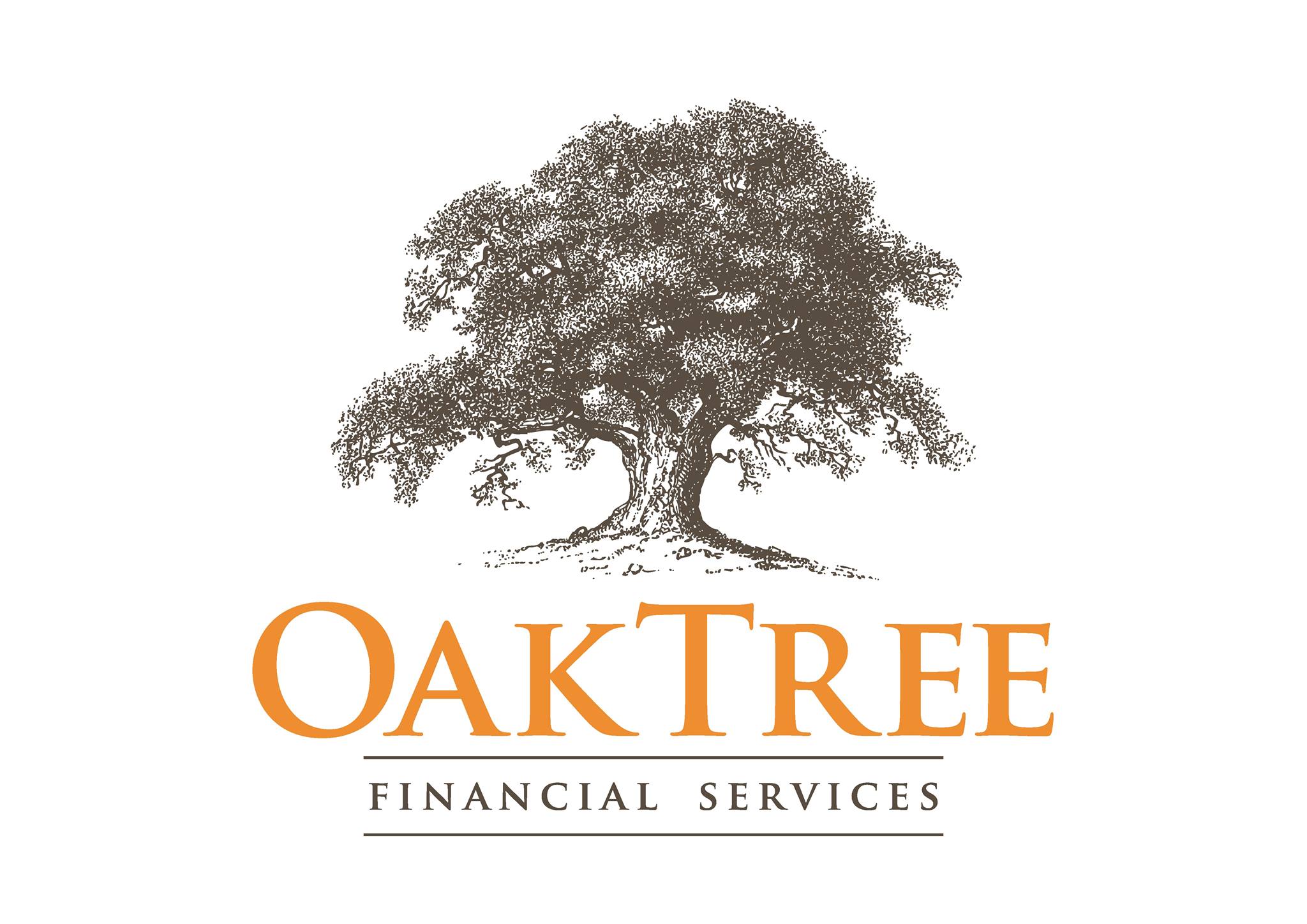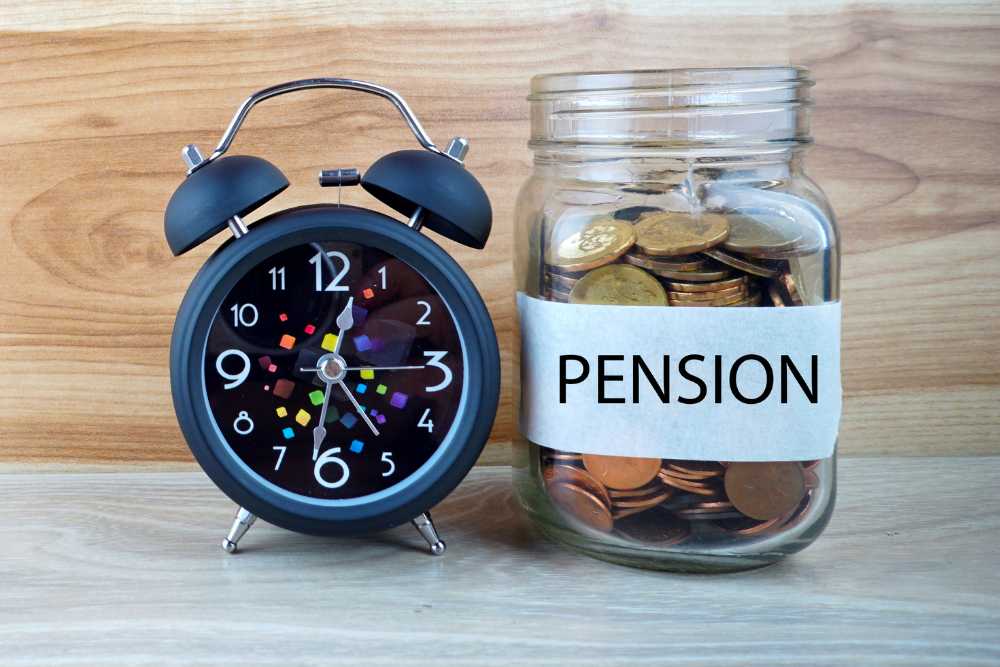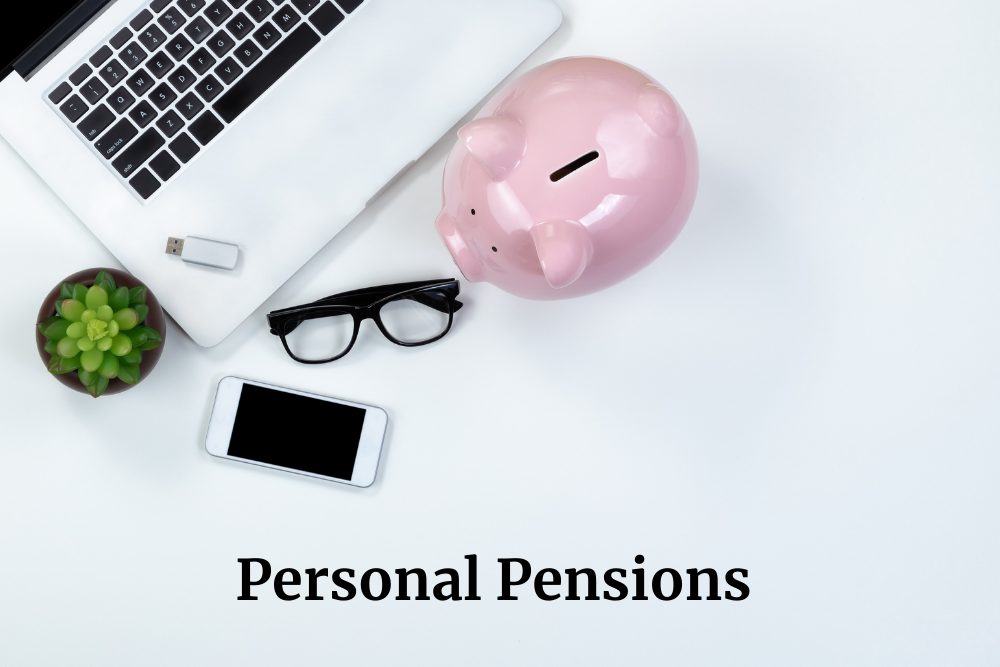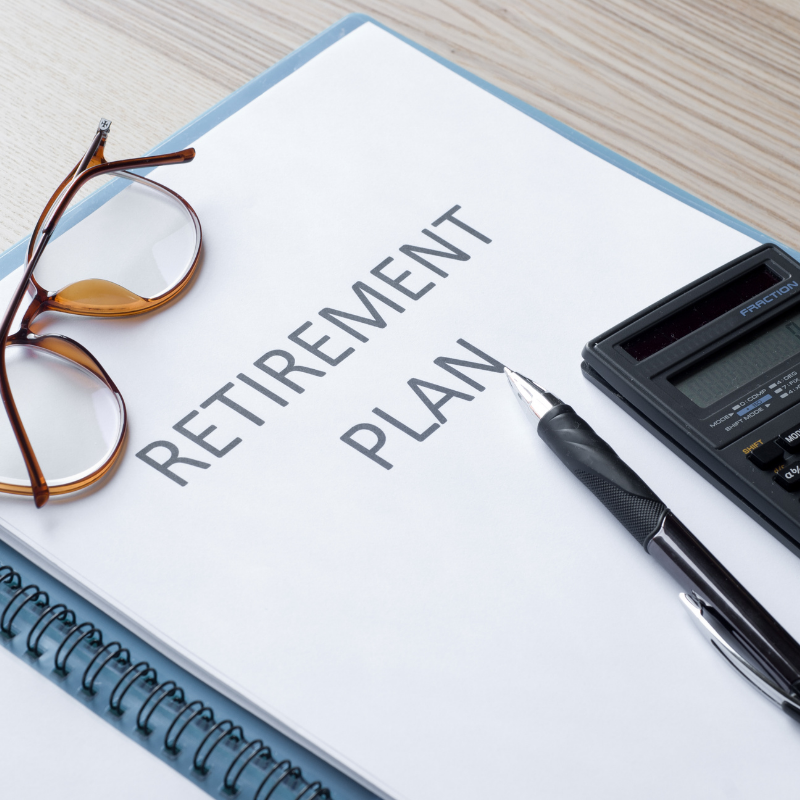Planning for your retirement is one of the most important parts of your financial plan.
Retirement & Pension Planning Advice Ireland
Whether retirement is approaching, or you are just at the start of your professional life, pension planning is an important part of creating the future you hope for. Retirement is the start of a new and exciting chapter, and building a healthy pension gives you the means to enjoy it to the full. When it comes to retirement planning, you may already have an occupational pension, or be relying on the state pension to provide for you. But whatever your personal circumstances, it is important to get a good understanding of pensions and retirement, in order to make the best possible plans for you. From pension contributions to income tax relief, personal retirement savings accounts and the many different available pension schemes, here at Oaktree Financial our friendly experts can help you navigate the world of pensions and retirement planning.
What is a pension?
When we refer to a pension, we are talking about the money you save while you are working, to live on when you retire. The aim of a pension is to replace the salary or wages you used to earn. It is a long term savings plan, whereby you put aside regular payments and / or transfer lump sums into a specific retirement fund. However, there are many ways to create a pension fund and as many different types of retirement as there are retirees! So it is wise to learn about the various different ways of saving before choosing the one that is right for you and get pension advice from a financial advisor.
Pension Advice FAQ’s
When should I start my pension?
The money that you put into a pension will be invested with the idea that it will grow over time. Therefore the sooner you start your pension, the more time the money will have to grow, and the bigger your pension pot will be. This means, the right time to start your pension is now, whether you are 40 years or 5 years away from retirement.
Finding the right pension
Selecting the right pension can feel confusing and intimidating if you are not familiar with this area of the financial world. There are many factors to consider when pension planning, and your financial adviser will be able to talk you through pension advice so that you can make an informed choice. You will need to think about your attitude to risk, assess your level of investment knowledge, and have on hand details about your employment status and earnings.
Why a pension rather than regular savings?
The main idea behind a pension is that it makes your money work for you. As well as the investment aspect, money put into pensions is entitled to important tax breaks – unlike the money sitting in a regular saving account. When you retire and access your pension, you will also be able to do this in a tax efficient way. This makes a pension a much better option for most savers than a simple savings account.
Benefits of Pension Planning
A pension is a key way to help you live the life you want. You spend many years working hard, so it’s important to ensure that when you are ready to retire, you can do so comfortably. Whether you have always dreamt of travelling, or simply want to spoil your grandchildren, retirement is a great time to make the most of life. Today, the state pension in Ireland is worth €253.30 a week. Many would struggle to cover all their outgoings on this sum alone. With the cost of living on the rise, there’s never been a more important time to plan for a healthy financial future. Oaktree Financial are independent financial experts who can give you the friendly, clear pension advice you need to build the happy future you deserve.
Pension Advice Ireland
What kind of pension do I need?
This will differ from person to person, and be affected by factors such as your current age and your income. Pension requirements can change over time, and if your circumstances shift. Whether you are employed, self-employed, a company director / business owner, or a public sector employee can substantially alter the kind of pension that is right for you. Your financial advisor will be able to help you navigate the complex waters of pension planning with easy to understand pension advice.
How do I manage my pension?
This will depend on the type of pension you opt for, but your financial adviser will be able to explain how your contributions will be managed and how much flexibility your scheme offers.
How much should I save?
One of the most common questions about pensions is, how much should you save. This will depend on each individual’s circumstances – your current age, your salary, your outgoing financial commitments, and your planned retirement age. The more you can put aside, the more comfortable your retirement can be.
Can I transfer pensions from previous employment?
It is quite common, over the course of a career, for people to end up paying into more than one pension pot – perhaps through changing jobs, or through starting a retirement fund when they were self-employed, but then transferring to an employed role (or vice versa). There are a number of reasons why you might want to combine all of your pension pots, perhaps because it will mean you pay less in fees and charges, or because one larger combined pot will achieve more income than several smaller ones. Perhaps you just want to simplify your arrangements. While there could be big benefits to combining all of your funds, it is important that you speak to a financial adviser first, as there could also be penalties for withdrawing money, and you might lose special benefits from certain schemes. Combining pension funds is a complex process and should only be undertaken with proper financial guidance.
Choosing Your Pension
There are several main types of pension to choose from. It is important to get personalised pension advice before choosing your pension, but here is an overview of the main categories.
- PRSA – Personal Retirement Savings Account
A PRSA is a simple, flexible pension that anyone can take out, regardless of their employment status. It is portable, so can be transferred easily between jobs, and it is flexible, so you can stop making contributions at any time.
- Personal pensions
These are mainly suited to those who are self-employed, or for those whose employer does not offer a workplace pension scheme.
- Self-directed pension
This type of pension allows you greater control to choose exactly what you are investing in. It offers flexibility and independence, but is best suited to experienced investors.
- Personal retirement bond
A personal retirement bond is a simple way to take your retirement fund with you if you decide to change jobs, without having to transfer to your new employer’s scheme. Any growth on your investment is tax free.
- Executive PRSA’s
This type of pension scheme is designed for those working in and running small to medium-sized businesses. Whilst similar in structure to PRSA’s, company directors and owners can access different funds using a version of this type of scheme.
- AVCs (Additional Voluntary Contributions)
These can help you top up your pension fund. Perhaps you have some extra cash to spare, or you started saving for your pension late – an AVC could be a really useful way to build up your retirement fund. You can contribute to an AVC either independently or through your employer, although it is usually more straightforward to do so through your employer. AVCs are entitled to tax relief up to a certain limit, and investment growth is not taxed.
Company Pensions
As well as helping individual clients make decisions about pensions, here at Oaktree Financial we can guide your company when setting up a company pension scheme. A company pension scheme is one of the most important employee benefits an employer can provide, and in today’s ultra-competitive recruitment environment, it is essential that your company gets it right. Trust Oaktree to deliver your company pension scheme smoothly and efficiently.
Retirement Planning Ireland
When is the best time to retire?
The best time to retire will differ from person to person – as always, it is best to get professional financial advice before taking such an important decision. It is wise to plan for your retirement throughout your career, calculating how much you need to save based on the retirement age you aspire to.
Retiring early
Early retirement is a goal that many have, and the key to successfully retiring early is good planning. You need to consider not only the income you will need, but also that life expectancy has increased, and so you will need enough money to live on over potentially a substantial period of time. You will need to have accumulated a very healthy pension pot – and usually the earliest you can start to draw pension income is age 50.
Retiring soon
If you are approaching retirement age, you need to assess what financial plans you have in place for your retirement, and whether they will allow you the lifestyle that you hope for when you stop working. It might be that making some AVCs will top up your pension to a sufficient amount; or perhaps you don’t have a pension in place and you need some advice on how to move forward. Oaktree Financial can help – give us a ring today.
Retirement income
When you retire, you can draw down a cash lump sum from your pension tax free, subject to Revenue limits. This can be a great way to celebrate your new phase of life, perhaps with a holiday, or by getting some home improvements underway. However, you’ll need to decide how you want to use the rest of your retirement fund. You will have two options – you can either receive your pension income by purchasing an annuity, or draw it from an Approved Retirement Fund (ARF).
Annuity
If you choose to purchase an annuity with your pension, you will receive a regular income for the rest of your life. It can give you security and the comfort of knowing how much money you have to live on each month.
Approved retirement fund
Compared to an annuity, an ARF may be more suitable for those who are more comfortable with risk. An ARF is an investment plan, aiming to grow your retirement funds further during your retirement. You invest your money after you retire, meaning that although your pot still has the chance to grow, it could also reduce in size. You can withdraw from your fund either regularly or as you need it.
Frequently Asked Questions
How much is the state pension in Ireland?
In 2022, the state pension in Ireland is worth €253.30 a week.
What is the state pension age in Ireland?
The state pension age in Ireland is 66, but it is set to increase over the next few years.
How many PRSI contributions do I need for state pension?
You need to have paid at least 520 full rate social insurance contributions and have a yearly average of at least 48 paid full rate contributions from the year you started insurable employment until you reach 66 years of age. You must have started paying social insurance before reaching 56 years of age.
How much do I need to retire at age 55,60 and 65?
This depends on the lifestyle you expect to have in retirement. Perhaps a better question would be, how much can I save each month? The more you can save, the better quality of life you can hope to have, and the earlier you can retire.
Can I draw my pension early?
There are various rules governing different types of pension, but generally you will not be able to draw your pension before the age of 50.
Which pension should I choose?
The best course here is to speak to a professional financial adviser, who will be able to assess your personal circumstances and help you decide what is right for you.
What is an occupational pension?
Occupational pensions are pension schemes set up by employers that usually involve contributions from both employees and employers.
Do companies have to provide a pension scheme?
In Ireland employers are not legally obliged to provide a pension scheme currently. However, this is due to change in 2023 with the introduction of auto-enrolment.








